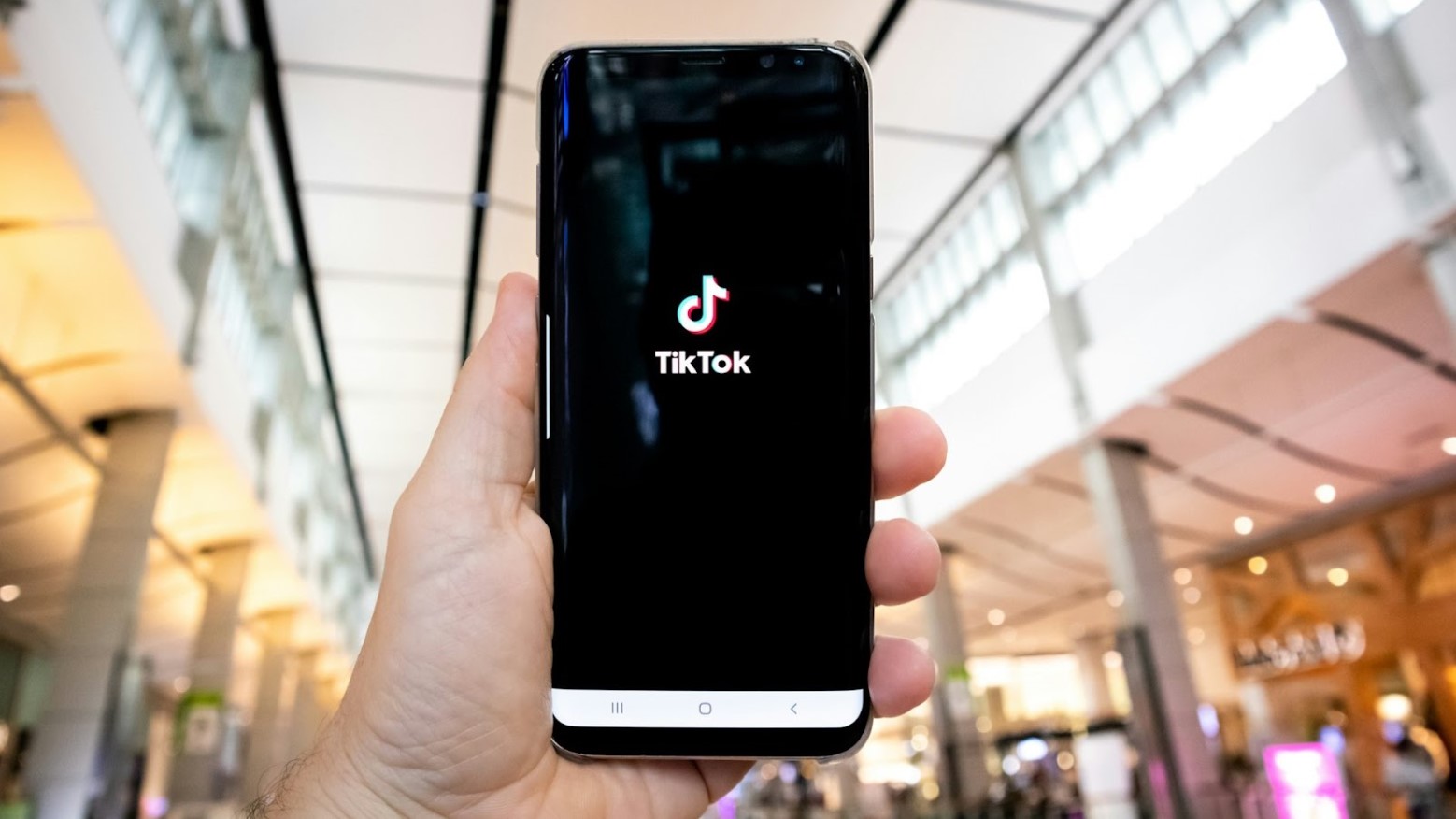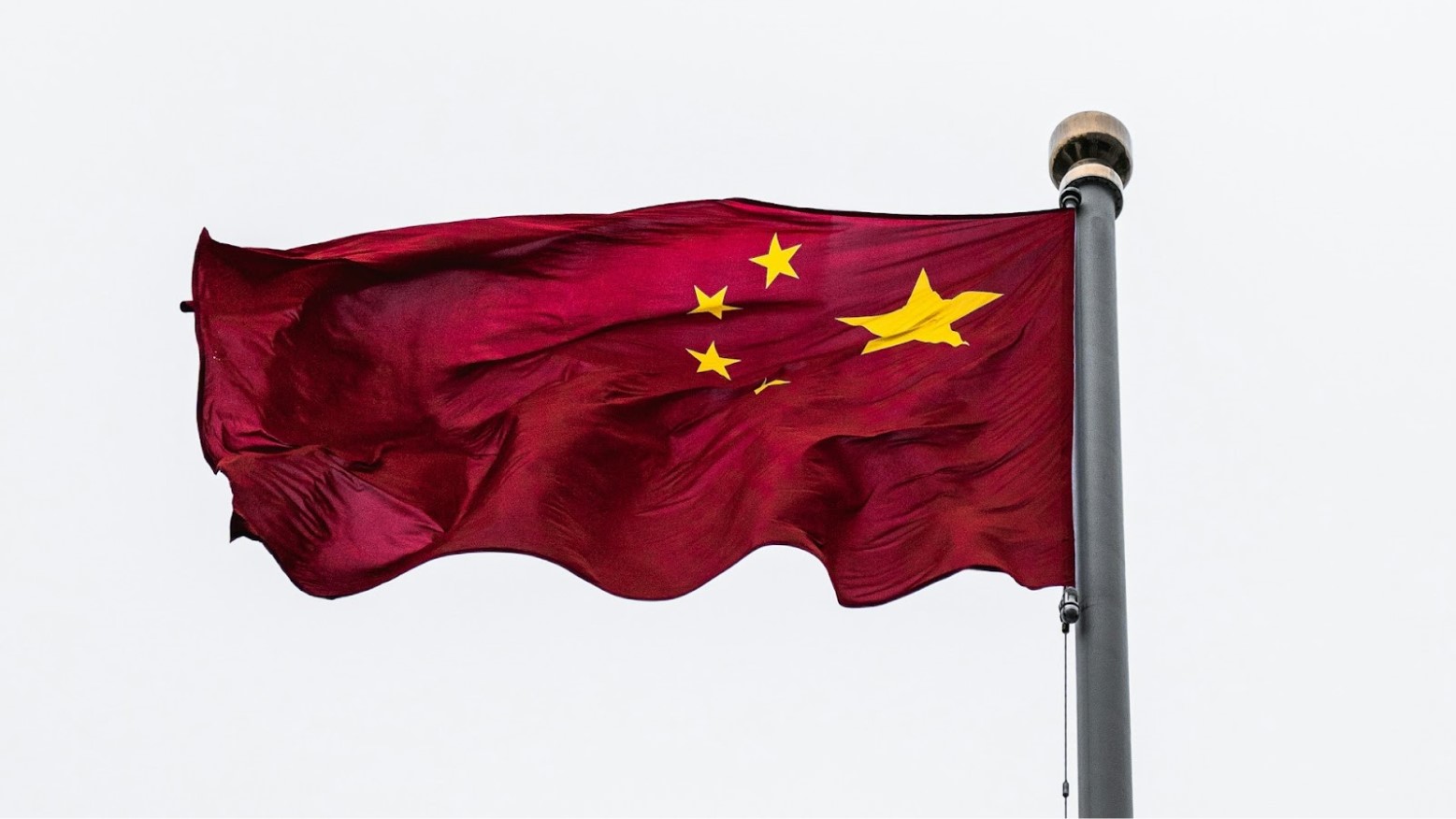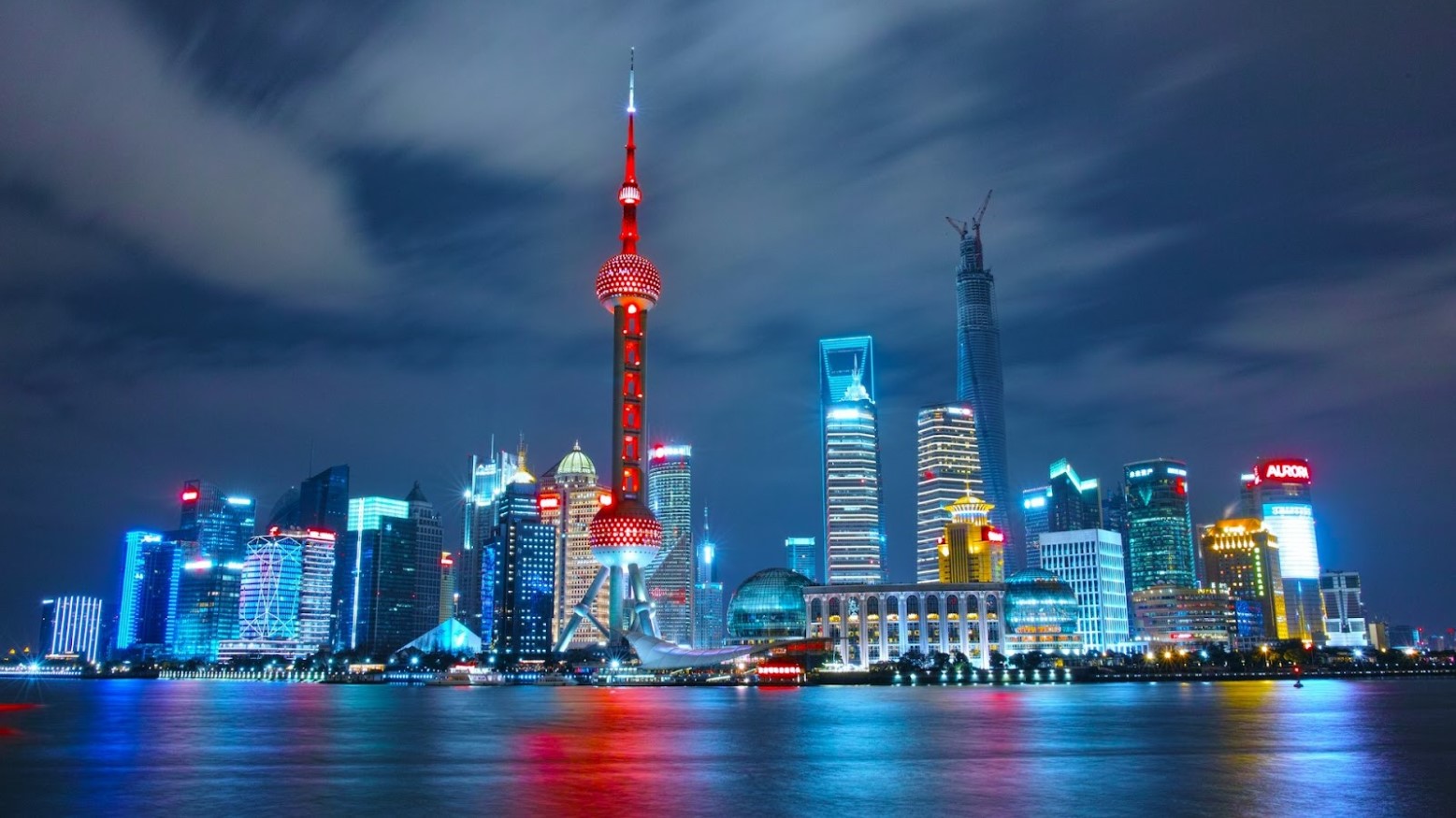Social media allows people to project a distorted, idealized view of their “real” lives. It’s common for online influencers to post about their luxurious lifestyles. However, China is cracking down on this “wealth-flaunting” behavior.
The accounts of multiple users known for posting content of this kind have been blocked as part of a crackdown by the Chinese government on conspicuous displays of wealth.
What Is ‘Wealth-Flaunting’?

“Wealth-flaunting” is exactly what it sounds like — displaying and showing off how affluent you are for the admiration of others. Anyone who revs their engine at a stoplight so people will stop to look at their luxury car is “wealth-flaunting.”
It’s amplified somewhat by social media. Many people create an online persona built entirely around showcasing an affluent, luxurious life. This is done to drive traffic and attract followers who believe the persona is an accurate representation of how rich the user is and how comfortable their life really is.
The Social Media Platform Douyin

Douyin is basically China’s version of TikTok, only found in the app stores of users living in China. Like TikTok, it is a video-sharing platform where users can create short, entertaining content. Many people have become prolific content creators and influencers through the platform.
One notable creator is Wang Hongquan. A creator of “wealth-flaunting” content, he has claimed that he owns several properties in Beijing, and his videos show household staff and sports cars he ostensibly purchased, though the veracity of this content is unverified.
Regulatory Crackdown on Wealth Flaunting

The Cyberspace Administration of China (CAC) is the country’s national internet regulator. It implements guidelines and policies regarding online content. The CAC is not simply a regulatory body but also maintains a censorship function.
They announced a campaign in April 2024 to crack down on influencers who use a “wealth-flaunting” persona to attract followers and generate traffic.
Big Influencers Have Been Hit

The Douyin account of Wang Hongquan was left inaccessible to his millions of followers, with searches returning an error message that the account had been blocked due to “violations of Douyin’s Community Guidelines.”
The accounts of other popular influencers like Bo Gongzi (A.K.A. Young Wealthy Lord Bai) were also blocked.
China Heavily Polices the Internet

China polices its internet content more strictly than perhaps any other nation on Earth. They use online censorship powers to combat social trends that might be undesirable in the eyes of the government.
Wealth-flaunting demonstrates glorifying a materialistic, immodest and wasteful lifestyle. Such a lifestyle would seem at odds with the social climate the Chinese government might wish to foster.
Curbing Wealth-Flaunting

This isn’t the first time China’s internet censorship has looked at curbing wealth flaunting. In 2022, Chinese officials implemented a code of conduct for online presenters.
It prohibited livestream presenters from “flaunting wealth” by displaying or “hyping a large volume of luxury goods, jewels, bills and other such property.”
China Is Facing an Economic Slowdown

China is facing something of an economic slowdown, with the middle class and young people most affected.
China’s youth are struggling to find work in a fiercely competitive job market or are burned out from overwork. This has led to many withdrawing from society and turning to social media either as escapism or seeing content creation as the only viable career path available to them.
The Impact of Wealth-Flaunting on Mental Health

The effects of social media on mental health are well documented. While it can be a useful tool for staying connected, excessive social media use can lead to feelings of depression, anxiety and FOMO (fear of missing out).
This is particularly true of “wealth-flaunting.” If people who are frustrated or unhappy in their own lives see people posting content showing how wealthy or happy they are, they might feel worse by comparison.
The Impact on Young People

The impacts of this comparison could be quite intense for a youth demographic struggling with financial uncertainty, unable to find a fulfilling role in a hyper-competitive job market.
It’s also debatable how realistic the lives these influencers portray actually are. Young people might fixate on what they believe is an aspirational lifestyle, neglecting their studies or development as they get caught up in a world of materialistic excess that’s disconnected from reality.
Criticism From Within

It’s not just government regulators or external commentators who are critical of “wealth-flaunting,” as influencers recognize the dangers, too.
Lyla Lai, a former beauty influencer who drew criticism for her sales tactics and lifestyle, has now left Douyin. She’s voiced her concerns about young people seeing an abundance of “wealth-flaunting” content, saying it’s detrimental to development. She fully supports China’s cleanup of this type of content.
China Tackling Its Issues Moving Forward

Seeing exaggerated images of wealth and success on social media can definitely lead to unhealthy, warped perceptions of reality for people — especially young people. This can be unhealthy for their development. A crackdown on “wealth-flaunting” can definitely help, but it isn’t a total solution to the issue.
China needs to reverse the trend of its economic slowdown, helping the economy develop and create more opportunities for people. If they can find happiness and fulfillment in their own lives through such opportunities, they may be less likely to seek out the distorted psychological comforts of social media.
